Monday the 22nd of February. Half term is over and home-schooling resumes it’s (by now) normal flow. The alarm went off at 7 and Leia and I both rolled over and tried to ignore it. I’d like to point out here, that I asked her what name she wanted to be called in the blog, and after some embarrassed hand waving and “I don’t fucking know”, Leia is what she went with. She’s not really into that particular sci-fi franchise so your guess is as good as mine.
I had to tip Pat out of bed, despite him being awake at this time every day of half term, doing schoolwork is nowhere near as exciting as playing computer games online with his cousin. Pat was ten, ten days ago, and the balloons and banners are still up. Partially due to them being a small change in our daily life, and partially down to Leia and I just becoming blind to them being there and forgetting about them. We’ve both been feeling crappy due to illness and there’s a load of little things that have gone by the wayside recently.
I had my first DBT video session last week. It was a 2-hour video call with 10 participants, 3 of those being facilitators. I’d far rather join a group in real life, but at the same time, the information being shared is what’s important. It’s how that information is explained and directed at you that makes a group session useful and through a 10-way video call, it’s easy to lose the nuances that body language brings to a conversation. I don’t have an issue paying attention to the screen whilst sitting on the bed at home, but I can easily imagine others having dramas.
It was a relaxed call, we had a break of 10 minutes halfway through, and I didn’t feel overly uneasy. There’s a caveat to that of course, in that I always feel a certain level of anxiety when meeting new people or doing new things, but I’m used to it. I recognise that familiar feeling and just shelve it mentally, which is interesting right?
The basis of the course is learning and practising mindfulness and the core there is practising it in everyday life. Everyone who’s ever had to learn a complex set of training will recognise skill fade over time unless those skills are practised. There’s a reason why (in theory anyway) soldiers have a layered approach to training, how orders are written, how fire and manoeuvre actually work in practice, how the section reacts when it comes under fire. All these (and a thousand more) have to be explained, demonstrated, imitated and practised and once mastered, you don’t just stop.
Once you stop, your level of skill will start atrophying. It’s been 12 years since I last fired a rifle or machine gun and until that point, I was a competent user of both. Whilst I know that I could safely pick up either, clear them, operate them safely etc., I’m not going to be as fast or efficient as someone who has conducted countless, soul-sucking field exercises and sunny holidays during 2-way ranges and knows that weapon system better than they know their own family.
To practice mindfulness on a daily basis as far as I understand it, really means to be concentrating on one task fully, for the moment of time that it takes to complete the task. Once that task is completed then you move onto the next task, but you shouldn’t be thinking about that next thing whilst you complete the first task.
I don’t know about you, but I find it hard not to attempt to multitask. Whilst I’m making the teas and coffees in the morning, I’m not going to just stand and stare at the kettle while it boils, am I? It’s wasted time, isn’t it? While it boils, there’s enough time to let the dog out, feed said dog and whining cat, get the mugs and start putting in milk and tea bags and stuff. Once the water is in the mugs and the tea bags are steeping, there’s a gap of time where I can divvy up vitamins and supplements before getting rid of the tea bags.
I think like this all the time, and it’s rare that it’s quiet inside my mind, so mindfulness is going to be a challenge I think. I understand why it’s necessary to focus on a single point and not to allow yourself to hold multiple threads concurrently; to slow the spread of negative thought patterns, to allow yourself to examine each individual thought and decide objectively whether it’s a helpful thought, in which case it can stay, or a thought from the chaos maelstrom and can be ejected.
The facilitators pointed out that concentrating on one task at a time, your breath and your posture just so is a form of meditation and can allow your conscious mind to take a much-needed breather.
One of the other takeaways from the session was the use of language when referring to yourself and how you’re feeling (or how you believe you feel). If you refer to yourself negatively and view yourself in a negative light, then anything you do is immediately going to be harder than if you allow some positivity in. This is another thing that I find hard and I also see it as a dichotomy within myself.
If I don’t recognise that I’ve made mistakes, how can I correct my course when I come upon that trial again?
Is this about just objectively seeing the mistake for what it was, but not getting sucked into the negatively charged emotions that surrounded your decision?
Guess I’ll find out over the coming months as I practice what I’m learning. My homework for this week is to pay more attention to my interactions with my wife and son. It becomes very easy to take for granted what’s in front of you every day and I’m guilty of only half listening when Pat or Leia talk to me, especially as in reality I am only half there sometimes.
The other half hides away from the world because the world hurts to look at and interact with and is just filled with pain, or that’s how it feels anyway and that’s what I want to change. The idealist who wanted to change the world is pretty much dead and gone, leaving someone who doesn’t really know who he is anymore, but whoever I am I’d like to be fulfilled by my life and know I’ve done everything I can do to affect change within myself.
Just another blogger
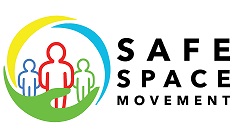
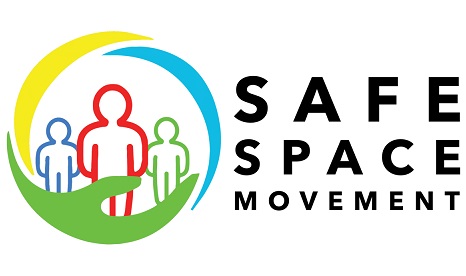
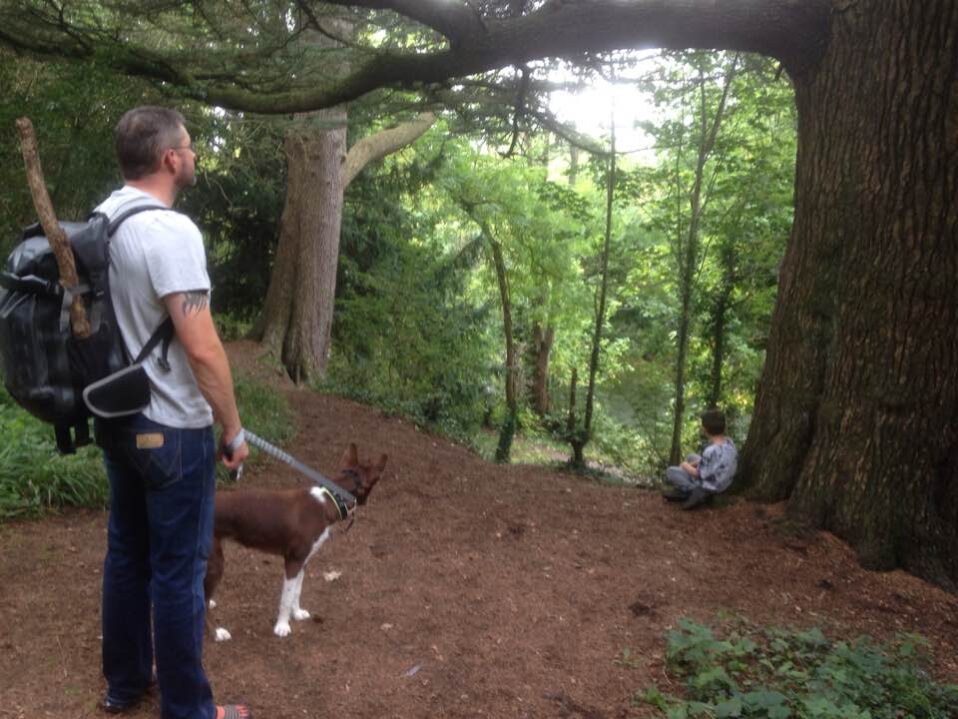
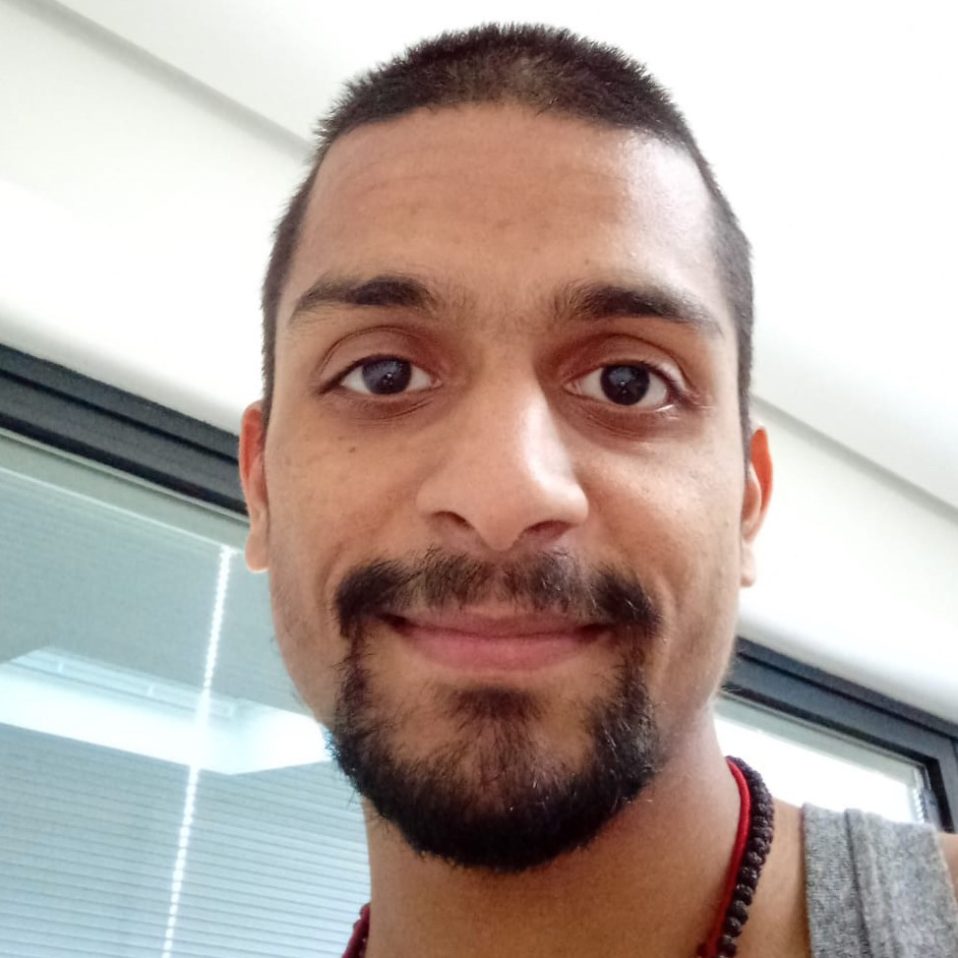


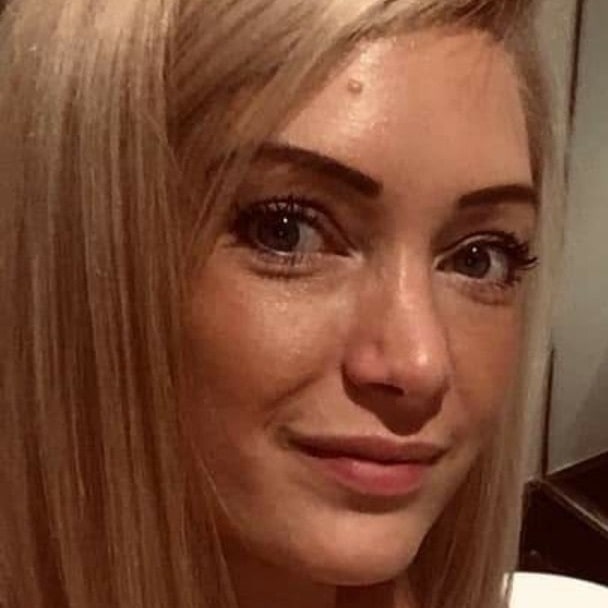











Post a comment